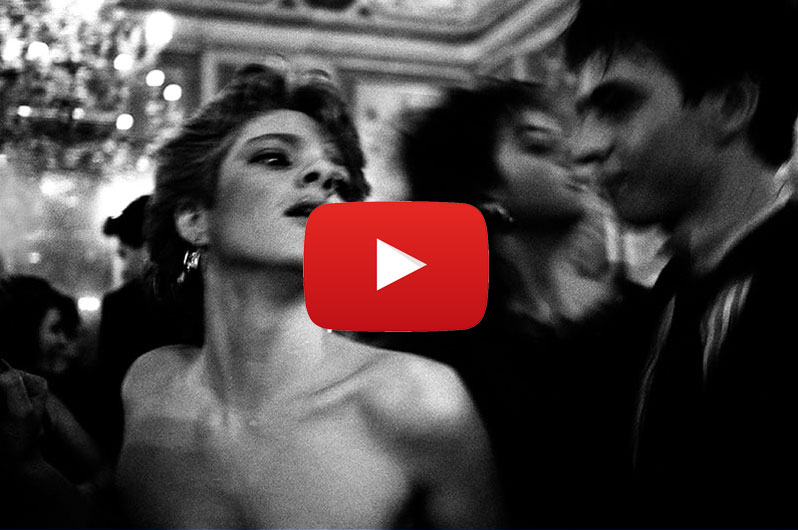Quality is paramount, just as is discipline in work or research for a project.
We are not looking for superficial images.
[Letizia Battaglia]

Quality is paramount, just as is discipline in work or research for a project.
We are not looking for superficial images.
[Letizia Battaglia]